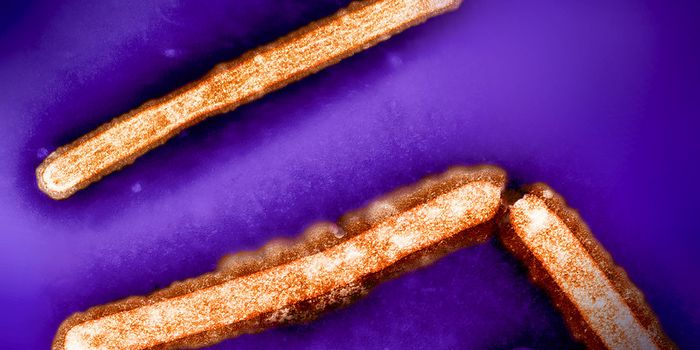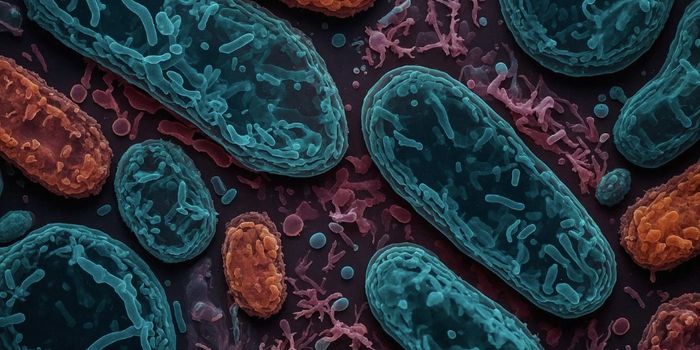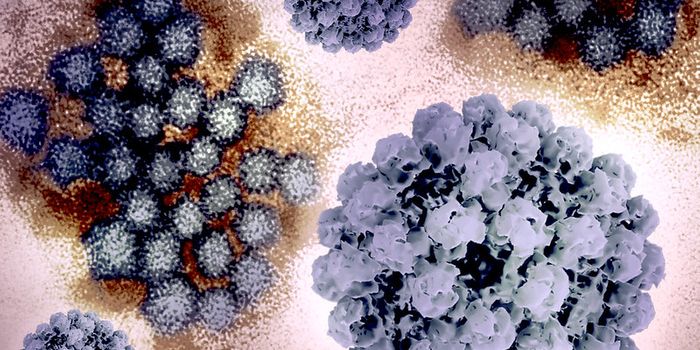No link between biopesticide and food poisoning
Researchers at the University of Exeter published an impassioned defense of the biopesticide Bacillus thuringiensis, refuting a report by the European Food Safety Authority (EFSA) that the bacterium caused a bout of food poisoning in 2012.
The EFSA report concluded that B. thuringiensis was essentially equivalent to B. cereus, a bacterium that does indeed cause food poisoning.
Image: Alchetron
Can biopesticidal strains of B. thuringiensis (Bt) make humans sick? The study authors report that it takes over 108 spores to potentially make a small mammal sick - the human equivalent is about 1011. Get this - human volunteers who consumed 1 gram of a Bt-based pesticide for 5 days suffered no ill effects. The fact is, humans don’t ever encounter this many spores in their everyday life.
Can any strain of Bt make people sick? Maybe, but it’s not likely. There are only a handful of reports of infections with environmental isolates of Bt. Bt was found in infected burn wounds and in a soldier who was injured by a landmine, for example. However, these specific Bt strains were most closely related to the anthracis clade (which contains the pathogen B. anthracis).
But doesn’t Bt make an enterotoxin? This is true, but the authors note that most serious cases of food poisoning cause vomiting, the result of cereulide toxin. This toxin is made by B. cereus, not Bt. If the Bt enterotoxin were to make you sick, the bacteria would have to survive being digested by stomach acids, which it typically doesn’t. With this in mind, the researchers insist that it is phylogeny, not the ability to make enterotoxin, that best predicts whether a strain will cause food poisoning.
By phylogeny, they mean how closely related a Bt strain is to pathogens in the B. cereus group. For example, safety tests indicate that B. anthracis is over one million times more hazardous to vertebrates that biopesticidal Bt. It’s no surprise, then, that Bt strains closely related to anthracis are associated with infections in vertebrates.
The take-home message is this - don’t jump to conclusions without critically considering the facts. According to the authors, “microbial biopesticides based on Bt are widely recognised as being among the safest and least environmentally damaging insecticidal products available. No strain produced to kill insects has been shown to cause infections or pose risks to humans."
Sources: FEMS Microbiology Ecology and Science Daily









